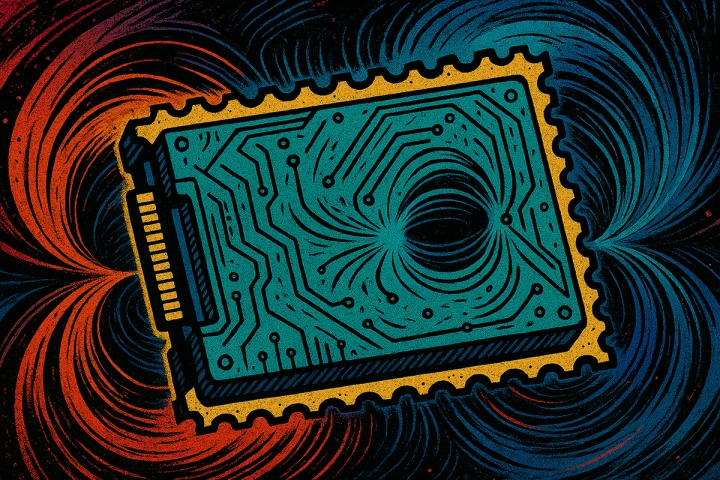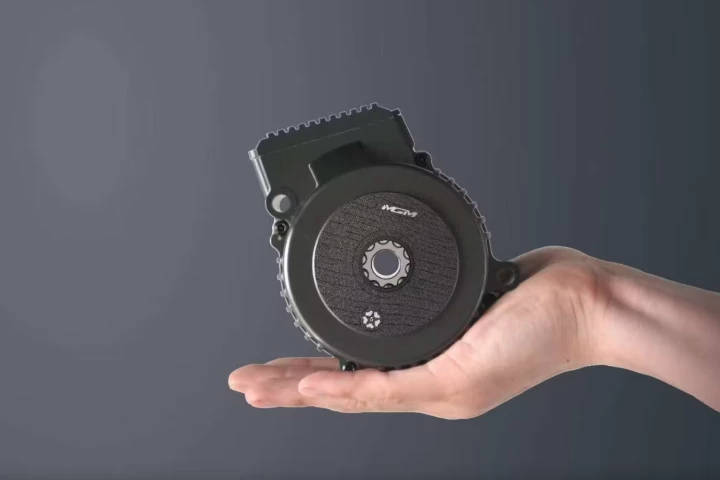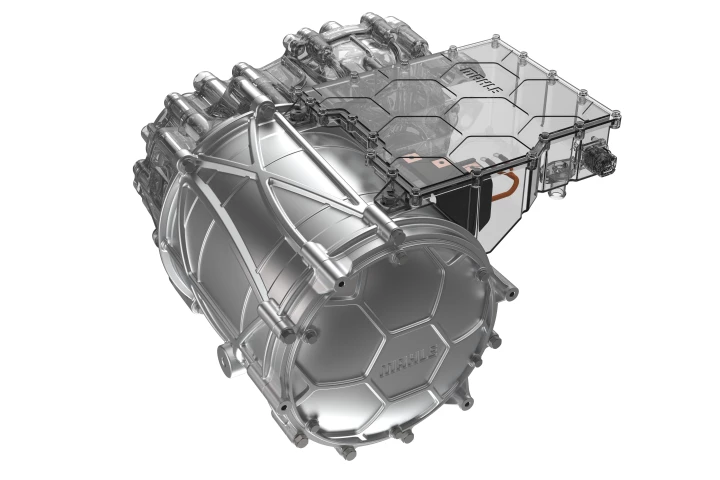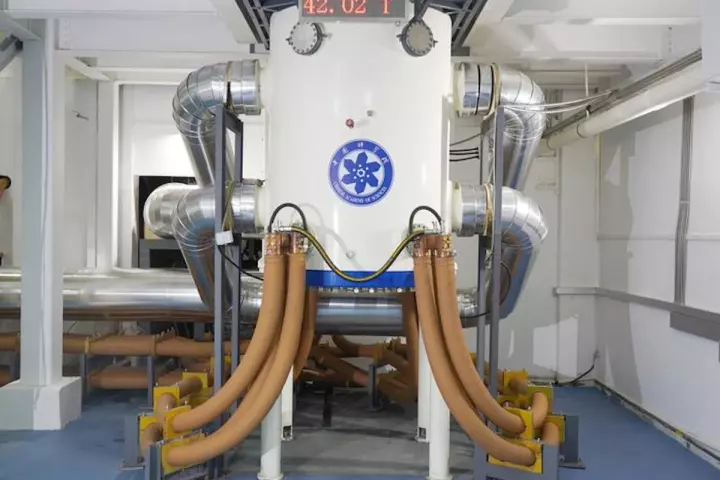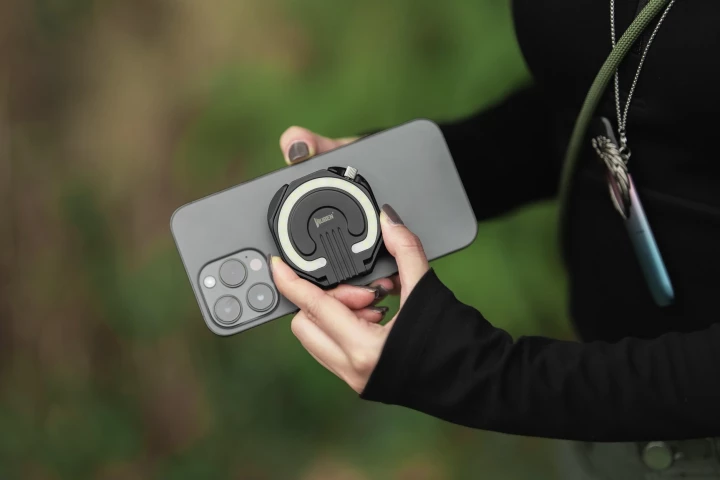Magnetic
-
A team of chemists has developed a new type of magnetic molecule that could be the key to storing vast amounts of data on absolutely miniscule drives. That could be huge for data centers in the future.
-
The race is on to create the smallest, lightest ebike drive. An innovative, new contender, the Magnetic Gear Motor from Star Union swaps out physical gears in favor of a magnetic gear system that compacts the core while cutting friction.
-
It's never a good thing, when a bacterial biofilm forms on the surface of a medical implant. There could soon be a new way of eradicating such films, however, using tiny remote-control liquid-bodied robots.
-
Downhill skis can certainly be awkward to carry, but you know what? So can their poles! San Francisco startup Yardsale is out to change that, with customizable poles that cling together via integrated magnets.
-
We've seen nesting sets of outdoor dining utensils before, and even sets that stick together via embedded magnets. The EATi Mag system, however, combines 10 tools in what looks like a simple knife, fork and spoon set.
-
Scientists at North Carolina State University have created a magnetic “metasheet” that can move objects and liquids around without needing robot arms or grippers.
-
Disposable plastic utensils aren't just eco-unfriendly, they're also flimsy and easy to lose inside bags. The Kopak Utensil Set is designed to be a greener and more practical alternative, with a nesting, magnetic-coupling, machined-aluminum design.
-
Two great minds in permanent-magnet-free motor design are fusing their know-how to create an even more capable inductive electric motor. Mahle and Valeo have teamed up on what they call the Inner Brushless Electrical Excitation (iBEE) motor system.
-
In an age where most cars come standard with things like backup cameras and Bluetooth, it's surprising that they don't all have rear window wipers. The GeckoWiper gives such an appendage to the Hyundai IONIQ 5, with other makes/models soon to follow.
-
Scientists have developed the world’s strongest resistive magnet, which produced a steady magnetic field of 42 Tesla (T). The system could improve devices that use magnets, as well as enable a range of new experiments that probe electromagnetism.
-
Feeling limited by your smartphone's puny light? If so, you might want to check out the phone-mountable Wuben E1. It's currently on Kickstarter, and puts out up to 300 lumens as compared to the iPhone 15's measly 50.
-
The Earth’s magnetic field is vital for life – without it, the Sun’s radiation would sterilize the planet. But a new study suggests we wouldn’t be here at all if that magnetic field hadn’t almost completely collapsed half a billion years ago.
Load More
